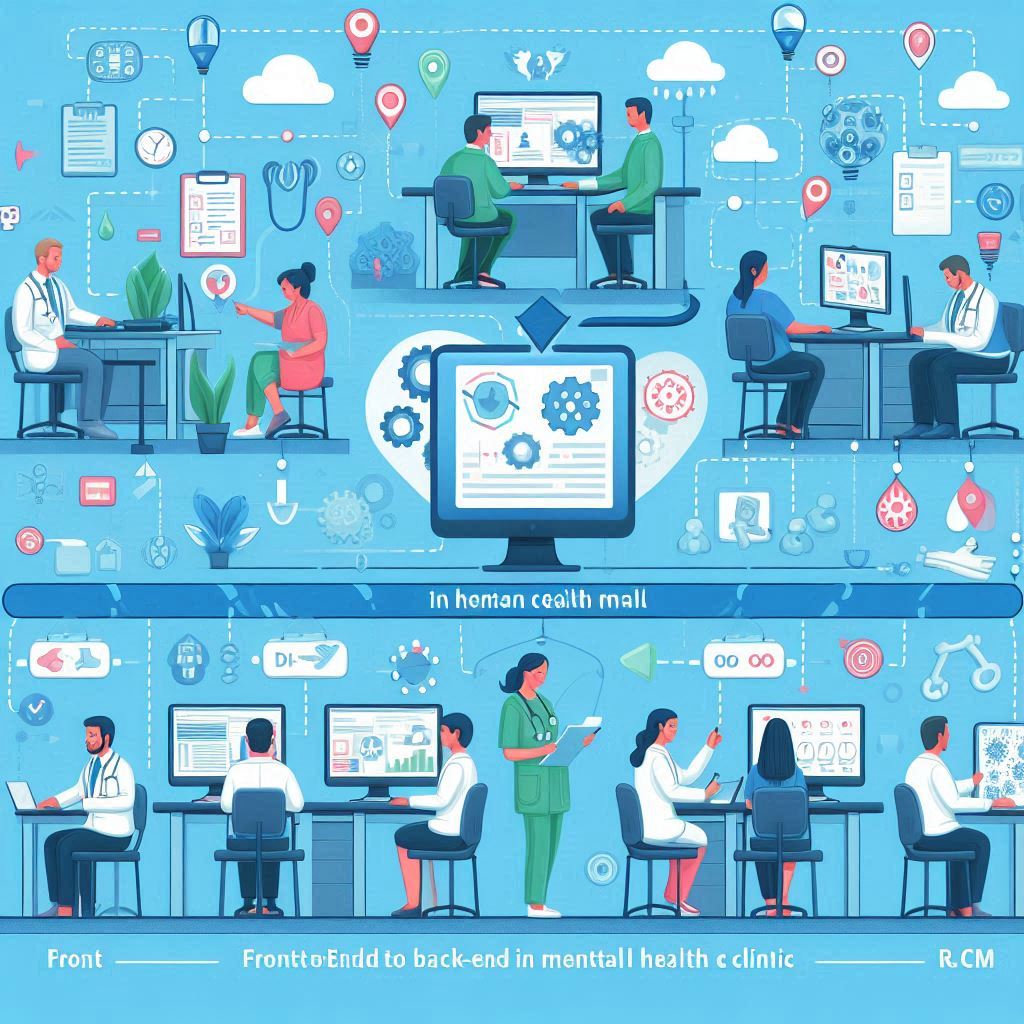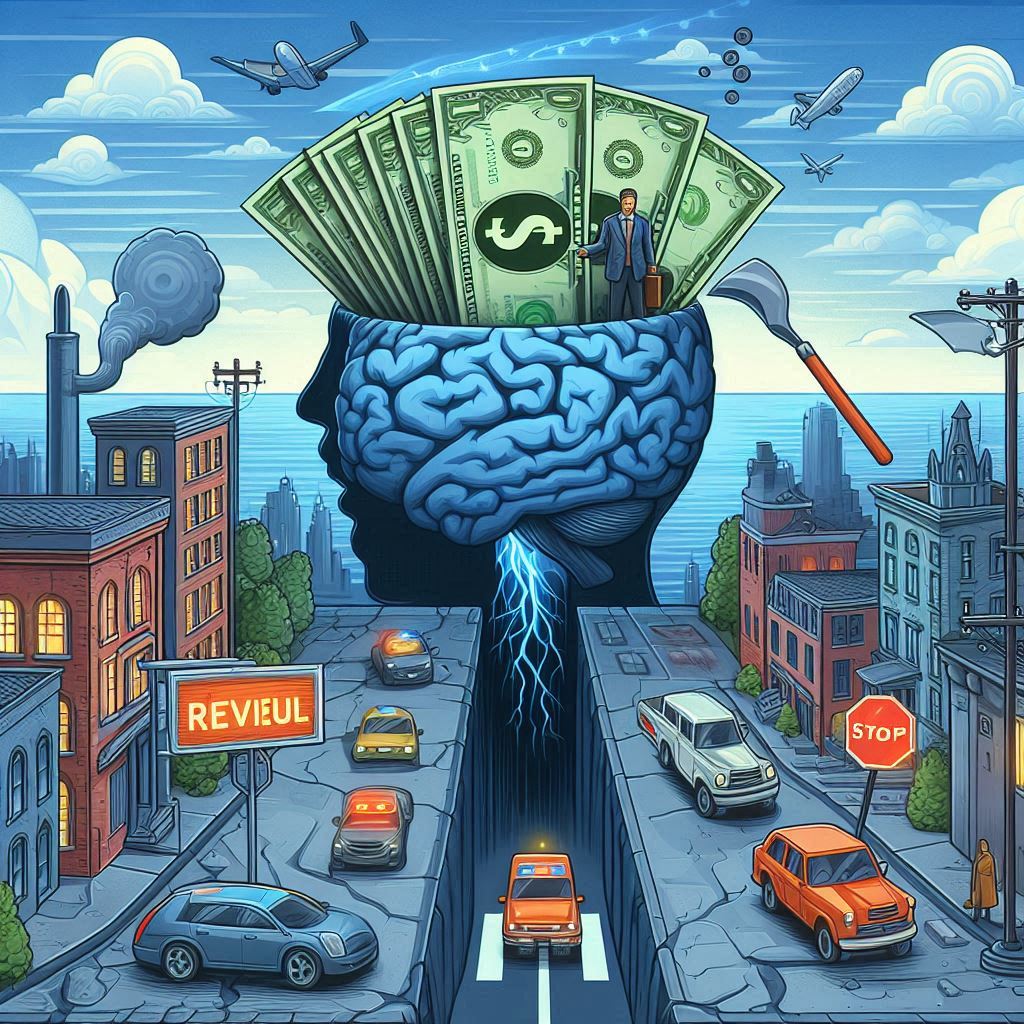-

Front-End to Back-End RCM: Mapping the Workflow in Mental Health Clinics
Revenue Cycle Management (RCM) in mental health clinics is a sophisticated, interconnected framework that ensures providers are reimbursed for the services they deliver. In a setting where care is often long-term, nuanced, and deeply personal, RCM cannot be an afterthought. Unlike general medical practices, mental health clinics face unique challenges, including complex documentation requirements, evolving…
-

The Hidden Impact of Credentialing Delays on PsychCare Revenue
Credentialing—the process of verifying a provider’s qualifications, licensure, insurance panel participation, and background checks—is foundational to billing and reimbursement in healthcare. While often perceived as an administrative checkbox, delays in credentialing can devastate a mental health provider’s revenue, operational efficiency, and patient access. This guide uncovers the hidden ways extended credentialing timelines erode revenue streams…
-

How Behavioral Health RCM Differs from Substance Abuse Treatment Billing
Revenue Cycle Management (RCM) serves as the financial backbone of any healthcare organization. It encompasses all administrative and clinical functions that contribute to the capture, management, and collection of patient service revenue. While RCM principles apply universally across the healthcare spectrum, their application varies dramatically based on the type of care delivered. Nowhere is this…
-

RCM Education for Mental Health Professionals: What Clinicians Should Know
Revenue Cycle Management (RCM) is no longer just an administrative function relegated to the back office. For mental health professionals, understanding RCM is critical for financial sustainability, regulatory compliance, and delivering uninterrupted care. Unlike other medical specialties, behavioral health operates within a complex landscape of confidentiality regulations, long-term treatment models, and payer-specific billing requirements. Unfortunately,…
-

Private Payer Trends in Mental Health Reimbursement for 2025 and Beyond
Introduction: A Shifting Reimbursement Landscape The landscape of mental health reimbursement in the private sector is changing rapidly as the demand for services increases and insurers adapt to economic, technological, and regulatory pressures. In 2025, providers are facing a mix of opportunities and challenges—from broader mental health coverage to increasingly complex payment models. Insurers are…
-

Understanding the No Surprises Act and Its Effect on PsychCare Billing
Introduction: The New Era of Patient Protection The No Surprises Act (NSA), which took effect on January 1, 2022, has ushered in a transformative chapter in U.S. healthcare billing. Primarily designed to protect patients from unexpected medical bills—especially from out-of-network providers during emergency care—the law also extends into the realm of mental health services. Behavioral…
-

Overcoming Tech Fatigue: Simplifying RCM Software for Therapists
Introduction: The Rising Tide of Tech Fatigue in Behavioral Health In recent years, the behavioral health sector has embraced technology at an accelerating pace. From electronic health records (EHRs) and client portals to revenue cycle management (RCM) systems and telehealth platforms, mental health professionals are navigating a complex and growing digital landscape. While these tools…
-

RPA (Robotic Process Automation) in Mental Health Billing: Real Use Cases
Introduction: Mental health billing has historically lagged behind other healthcare domains in terms of automation and digital transformation. This delay stems from the nuanced and often complex nature of behavioral health documentation, coding, and reimbursement. Unlike general medical services, mental health services may involve varying session lengths, unique CPT/HCPCS codes, and additional compliance considerations such…

Monday – Saturday 9AM – 5PM
Sunday – CLOSED





